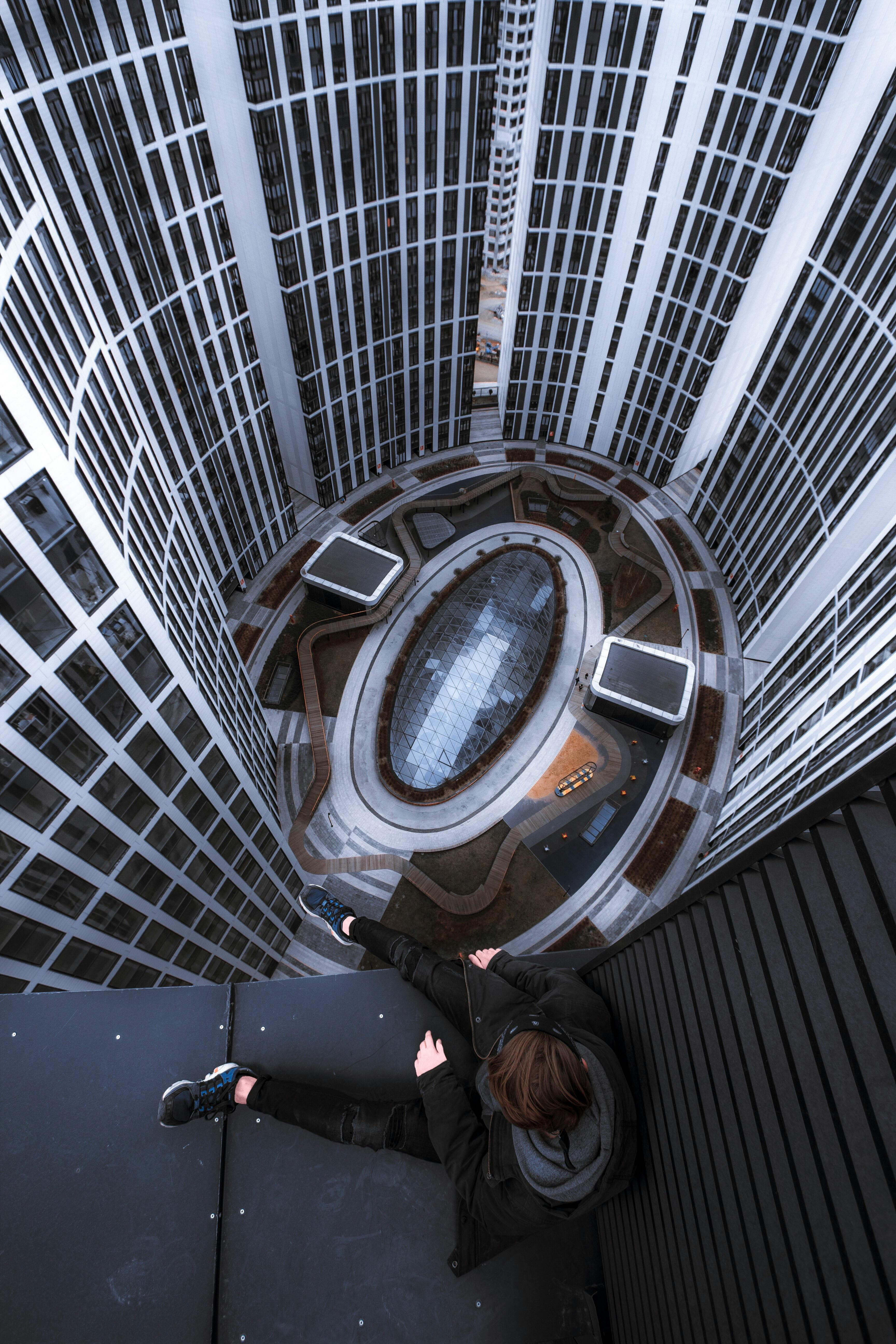
Exploring the Climax of Homelander's Death in The Boys Comics
The death of Homelander in "The Boys" comic series is a pivotal moment that encapsulates the overarching themes of power, revenge, and moral ambiguity. As one of the most formidable and morally complex villains in the superhero genre, Homelander's demise serves not only as a turning point for the characters but also a commentary on the consequences of unchecked power. This article will delve into the detailed storyline surrounding his finale, the implications of his actions, and how it affects other characters in "The Boys." By examining this climactic event, readers will gain insights into Homelander's character growth, the dynamics of The Boys, and the critical reception of the series.

The Build-Up to the Final Confrontation
Leading up to Homelander's death, tension escalates within the narrative, particularly between him and Billy Butcher, the leader of The Boys. Despite his superhuman powers, Homelander's overconfidence blinds him to the growing threats posed by Butcher and his team. As the conflict intensifies, various story arcs reveal the psychological depth of Homelander and the underlying motivations driving his actions. His relationships with other characters, especially with those who oppose him, provide critical insights into his turbulent psyche, showcasing both his vulnerabilities and tyrannical nature.
The Epic Showdown: Homelander vs. The Boys
The climactic battle unfolds with a combination of explosive action and emotional stakes. Homelander, known for his brutal methods and ruthless attitude, faces off against Butcher and his allies in an encounter that highlights the narrative's themes of revenge and justice. The psychological complexity of this confrontation also shines through moments of desperation, betrayal, and moral dilemmas faced by both the protagonist and the antagonist. This showdown is not merely a physical clash but a culmination of psychological warfare and ideological battles.
Consequences of Power: The Death of Homelander
When the fateful moment arrives, it is a device known as the "Butcher's bomb" that ultimately seals Homelander's fate. Designed specifically to target him, this bomb exemplifies the lengths to which Butcher and his team will go to ensure their survival and bring Homelander's reign of terror to an end. This death reinforces the consequences of Homelander's unchecked powers and serves as a turning point for the other characters in the series. It exemplifies how the pursuit of vengeance can lead to devastating repercussions, a recurrent theme throughout "The Boys."

The Fallout of Homelander's Death
Homelander's demise reverberates throughout the narrative, unexpectedly affecting all characters involved. For Butcher and Hughie, it signifies both a victory and a convoluted moral dilemma, as they must grapple with the implications of their actions in the wake of power dynamics shifted by Homelander’s death. The moral consequences of their fight illustrate the series' critique of heroism and villainy, raising questions about the true nature of power and its effects on society.
Homelander's Legacy and Character Analysis
Examining Homelander postmortem leads to significant discussions about his legacy. Despite being the villain, he is a complex character whose motivations and psychological battles make him both captivating and terrifying. His actions spark critical conversations around anti-hero definitions, the duality of characters, and societal reflections within comic narratives. The aftermath of his death emphasizes how even villains can leave profound impacts on narrative arcs and character development.
The Boys: Themes and Symbolism
The series as a whole showcases a deep critique of superhero mythology and power structures, woven through the lens of dark humor and satire. Homelander, as a representation of corrupted ideals within the superhero genre, embodies many themes central to "The Boys." This examination of morality prompts readers to engage with underlying messages about fame, ambition, and psychological complexities in characters. As such, the story arcs surrounding Homelander challenge traditional narratives and provide a unique social commentary.

Reactions from Readers and Critics
The critical reception of "The Boys" and Homelander's final act has been profoundly engaging. Many readers cite his death as a shocking yet necessary conclusion to an arc filled with moral ambiguity and powerful storytelling. Critics have recognized how this moment reflects contemporary societal issues, underscoring the series’ function as a commentary on modern culture and superhero tropes. As various interpretations arise, discussions surrounding the effect of Homelander's character portrayal and the series' narrative structure continue to thrive.
Conclusion: Homelander's Downfall and its Implications
In conclusion, Homelander's death in "The Boys" is not merely a pivotal narrative moment; it signifies the culmination of extensive character development, thematic exploration, and a critique of the superhero genre. His demise resonates deeply with readers, influencing the trajectory of the series' remaining characters while framing discussions on the moral complexities inherent to superhero narratives. As "The Boys" continues to explore these narratives, Homelander’s legacy endures, inviting ongoing analysis of his character and the broader implications of power in comics.